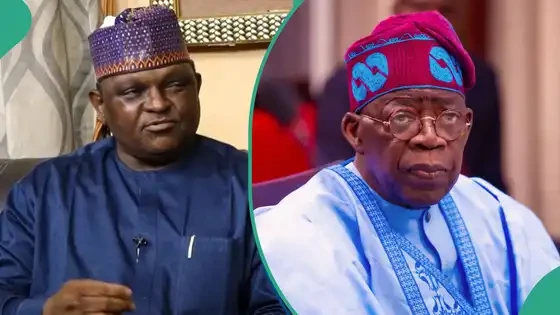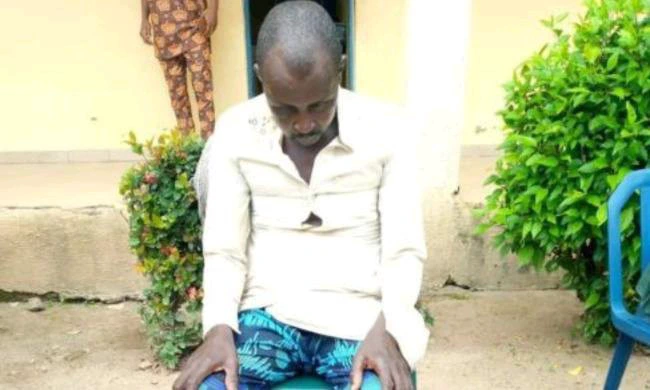Former Vice President Atiku Abubakar has openly criticized the Tinubu administration’s response to Nigeria’s pressing issues, particularly in light of the proposed national prayer led by First Lady Remi Tinubu and National Security Adviser Nuhu Ribadu....CLICK HERE TO CONTINUE READING.>>
In a recent tweet, Atiku expressed his skepticism about the government’s approach, suggesting that it reflects a lack of substantive policy solutions.
Thank you for reading this post, don't forget to subscribe!
Atiku’s comments come on the heels of his own proposals for addressing Nigeria’s challenges, which he believes are being overlooked. His tweet highlights a growing frustration among opposition figures regarding the current administration’s reliance on prayer rather than actionable policies. This sentiment resonates with many Nigerians who are seeking practical solutions to economic and social issues.
In his tweet, Atiku stated: “Isn’t it fascinating how the so-called ‘tested’ Tinubu administration’s only policy response seems to be a national prayer led by the First Lady and the NSA? Just a mere 24 hours after I proposed my alternative solutions! What a bold strategy! In my humble interpretation of the scriptures, prayer indeed serves as a noble path to follow. However, the sacred texts also counsel us to engage in diligent labour and hard work. It is therefore uncharitable for Tinubu’s team to claim that my proposals remain untested. What remains unproven is the erratic, trial-and-error nature of the policies so far implemented by this administration, which elucidates our present predicament.”
The planned national prayer has been positioned as a unifying event intended to seek divine intervention for Nigeria’s myriad challenges, including economic hardship and insecurity. The First Lady and NSA have emphasized that this initiative aims to rally citizens around a common cause, fostering hope and resilience in difficult times. However, critics argue that such measures are insufficient in addressing the root causes of Nigeria’s problems.
Meanwhile, it remains to be seen how this initiative will be received by the public and whether it will lead to any meaningful change. Many Nigerians are eager for leadership that prioritizes actionable solutions over symbolic gestures, reflecting a broader desire for accountability and effective governance in addressing the nation’s pressing issues.












